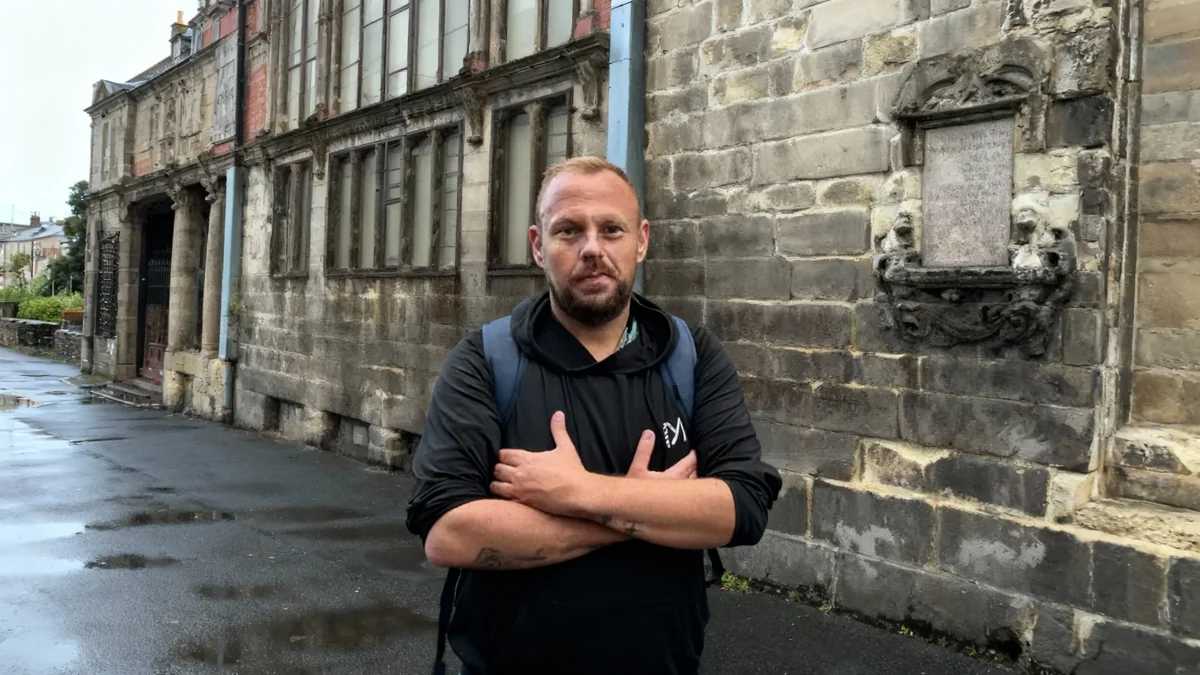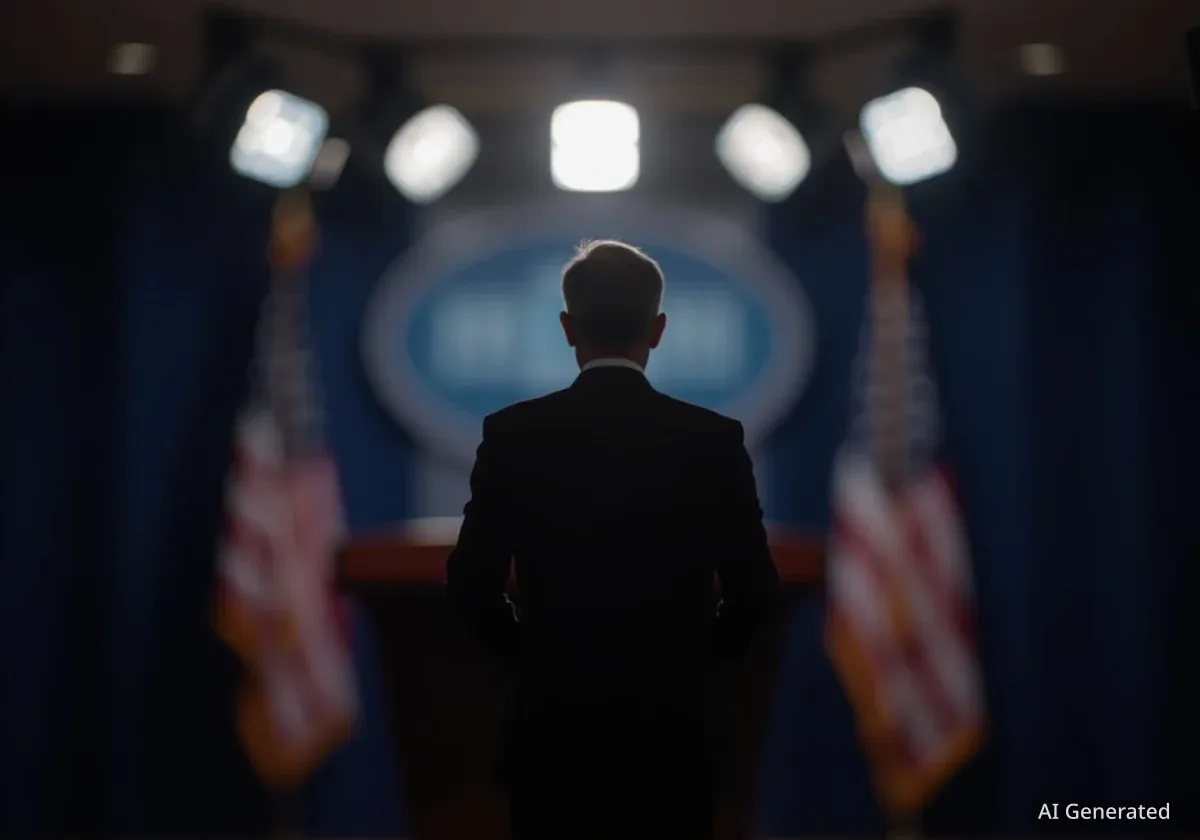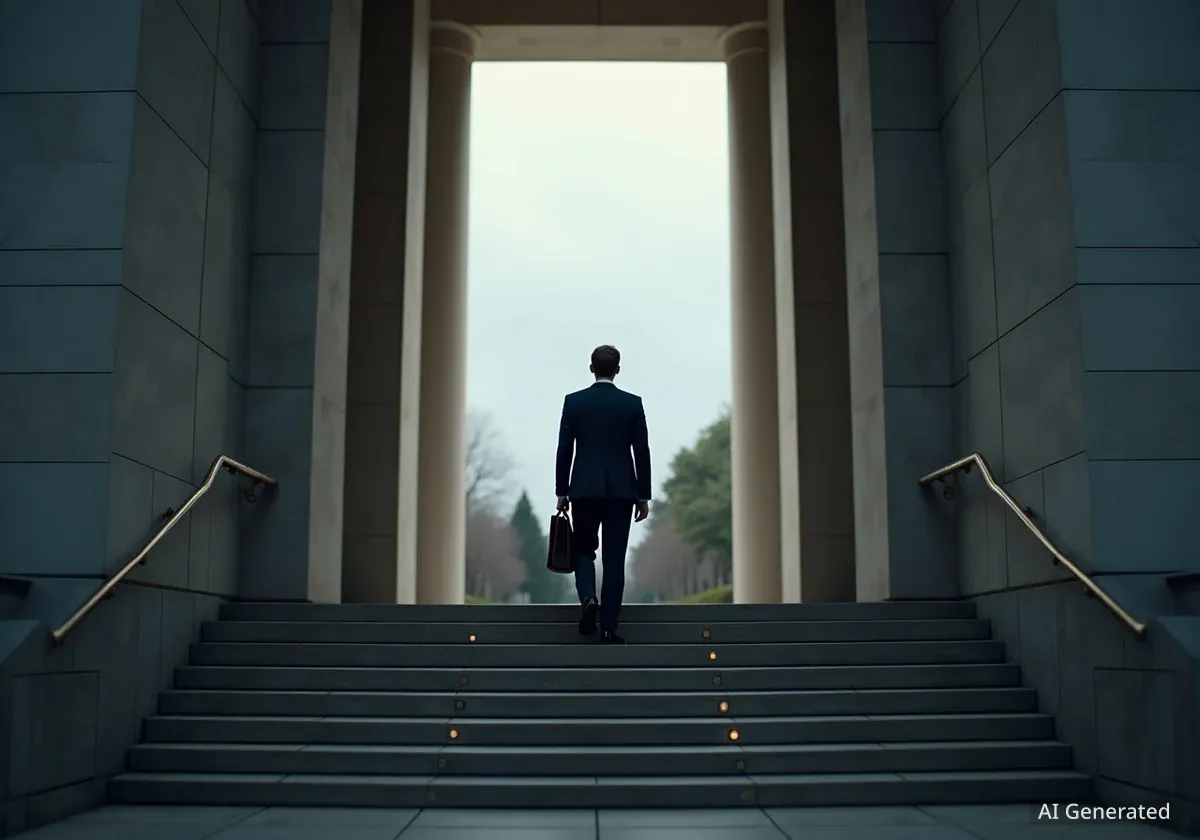Prime Minister Sir Keir Starmer engaged with Merseyside school pupils in Liverpool on Saturday, answering direct questions on national policy, including the legalisation of cannabis, the rise of the far-right, and the new Hillsborough Law. The event took place at the Liverpool Echo offices ahead of the Labour Party Conference.
Students from three local schools questioned the Prime Minister on a range of subjects, receiving clear responses on his government's stance on several key issues. The session provided a platform for young people to interact directly with the nation's leader on topics that matter to them.
Key Takeaways
- Prime Minister Sir Keir Starmer met with Year 10 and 11 pupils from three Merseyside schools in Liverpool.
- He confirmed his government has no plans to legalise cannabis, stating, "we’re not going down that route."
- Starmer strongly condemned Reform UK's immigration proposals, describing them as policies that would "tear this country apart."
- He also discussed the significance of the recently introduced Hillsborough Law with the students.
Student Questions Ahead of Labour Conference
Ahead of the Labour Party Conference in Liverpool, Prime Minister Sir Keir Starmer participated in a question-and-answer session with local students. The event, held at the Liverpool Echo office on September 27, 2025, involved pupils from Lord Derby Academy in Huyton, The Heath School in Runcorn, and Ellesmere Port Church of England College.
The students, who were in Years 10 and 11, did not shy away from asking challenging questions on a wide array of topics. The engagement offered a preview of the scrutiny the Prime Minister will face during the conference, which culminates in his keynote speech on Tuesday.
Focus on Hillsborough Law
A significant part of the discussion centred on the Hillsborough Law, which the government introduced in Parliament earlier this month. Sir Keir explained the core principles of the legislation to the students, who had prepared questions about its real-world impact.
What is the Hillsborough Law?
The legislation, campaigned for by the families of the 97 victims of the 1989 disaster, establishes a legal "duty of candour" for public officials and authorities. This requires them to act with transparency and honesty during investigations or face criminal charges. It also guarantees non-means-tested legal aid for bereaved families involved in inquests related to state-related deaths.
The Prime Minister discussed why the law represents a crucial legacy for the families who fought for decades for justice and accountability. The students questioned him on how this new duty of candour will change the way public bodies operate.
Direct Answers on Cannabis and Immigration
The conversation moved to broader national issues, where the students posed several direct and unexpected questions. One pupil asked the Prime Minister if his government intended to legalise cannabis.
Sir Keir's response was unequivocal.
“No, I’m afraid not... we’re not going down that route.”
He then engaged with the students further, asking for a show of hands from those who would support legalisation. He acknowledged the potential for differing private opinions, adding: “There’s probably a few hands that would have gone up if the cameras weren’t here.”
The topic of university tuition fees was also raised by the pupils, reflecting a key concern for young people considering higher education.
Youth Political Engagement
Events like this highlight a growing interest in politics among young people. According to recent surveys, while traditional party affiliation is lower, engagement with specific issues such as climate change, social justice, and economic fairness is high among Gen Z.
Strong Stance on Far-Right Policies
Another student questioned the Prime Minister about Reform UK's proposal to cancel indefinite leave to remain for certain individuals in the UK. Sir Keir Starmer used the opportunity to deliver a forceful rejection of the policy and the political ideology behind it.
He described the plan as “one of the most shocking things” proposed by the party, led by Nigel Farage. He argued that the policy targets people who are integral to British society.
“These are people who’ve been in our country a long time, contributing to our society... our neighbours, and Reform says it wants to deport them in certain circumstances. I think it is a real sign of just how divisive they are and that their politics and their policies will tear this country apart.”
He continued by contrasting these ideas with his view of British values, stating that tolerance and pragmatism are fundamental to the country's identity. “To tear away at that will destroy our country. I feel very, very strongly about this," he said.
Addressing the students directly, he expressed his regret that they were growing up in a political climate where such views have gained prominence: “I’m sorry that you’re having to grow up in a world where this politics has found a voice and almost a licence as well.”
The Prime Minister's visit and frank exchange with the students set the stage for a pivotal week for his government at the Labour Party Conference in the city.





